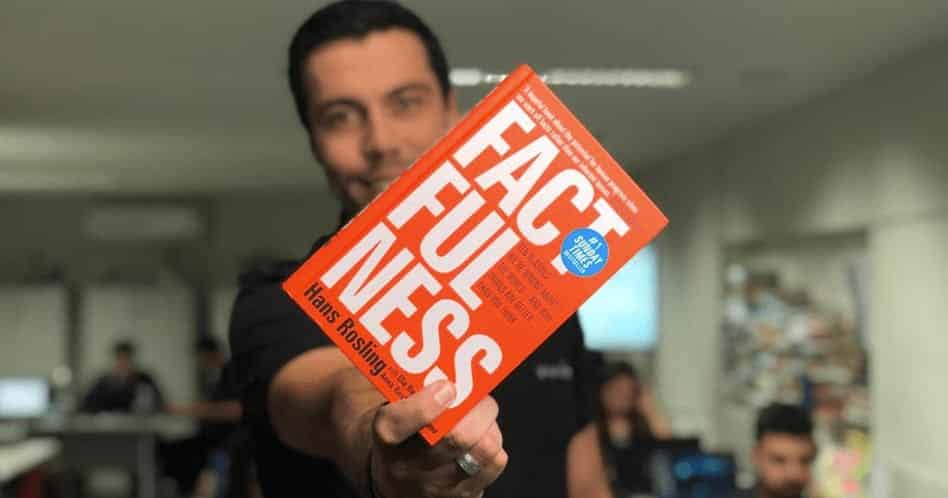
Factfulness - Hans Rosling, Ola Rosling and Anna Rosling Rönnlund
Discover here the guidelines to change your view about the world, through a series of teachings that will show how specifics triggers can confuse our mind about reality!
Choose language:
